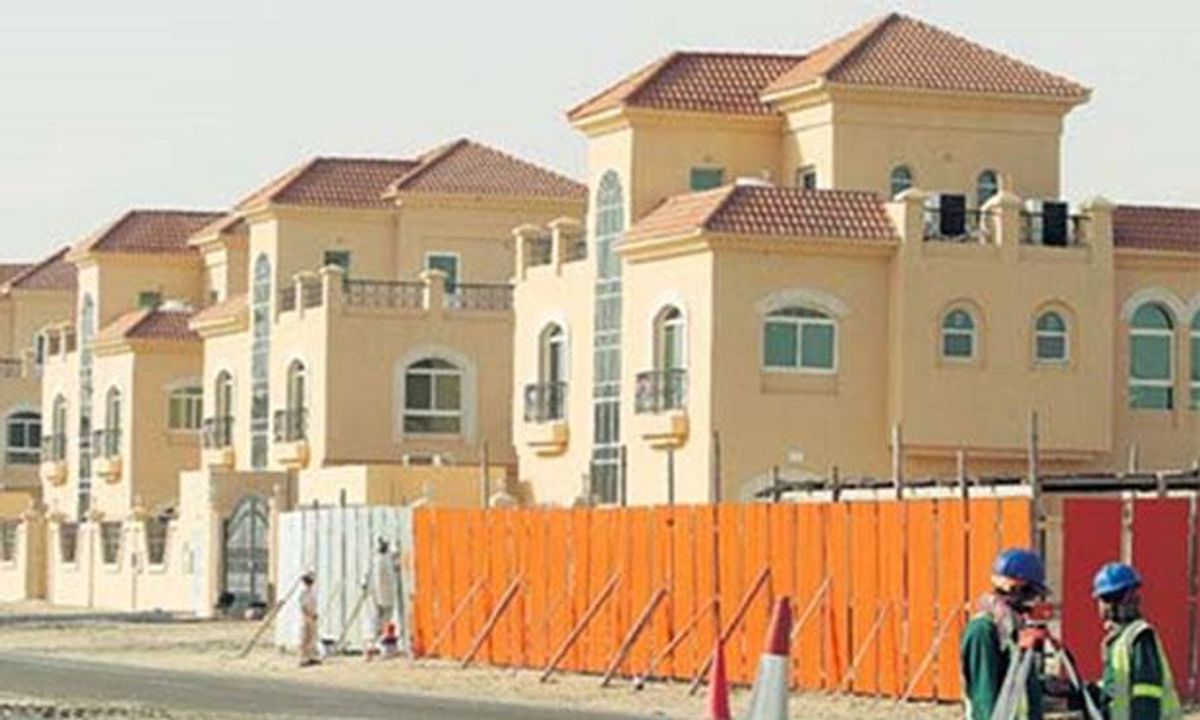In February, The Institute’s Question of the Month asked its readers: Do engineers need empathy? My answer: Of course they do.
Beyond the emotion surrounding the word, empathy gives people the ability to understand the thoughts and experiences of others. In my opinion, that is what engineering is all about.
To be honest with you, engineering was more of a “pre-arranged marriage” for me. In Jordan, an engineering education was more affordable and available to students than some other fields. What I actually wanted to do with my life was become a medical doctor. But I now realize that my empathetic nature translates beautifully to the field of engineering. Being an engineer for 25 years has given me joy every working hour and in every project I have been a part of.
Let me tell you a little bit about myself. I started out as a project engineer with Nael & Bin Harmal, a construction engineering company based in the United Arab Emirates. Traveling to different cities around the world, I constantly met with clients, fellow engineers, and government officials. There was always a long list of planned and unexpected activities waiting for me every day, including technical issues that required immediate attention and systems that needed to be tested and commissioned. And I enjoyed every minute of it.
The most exciting part of my career was that I was able to work in five different countries in which each had different electrical codes, certifications, corporate ethics, and most importantly, distinct cultural norms. In my future blogs, I will share my experiences in the field, including the licensing, certifications, and new engineering codes that I had to learn in the different places I’ve worked.
When working with other cultures, as I have, we can rely on empathy to help us succeed. When I was working in Turkmenistan, a country located in Central Asia, I had to work with an engineer named Shirley. He did not speak English and I did not speak Turkmen. Somehow, we tried to learn about one another in other ways. For example, I took some time to visit his old job sites to better understand his background and skills. We instinctively knew we were part of the same mission despite a language barrier. Together, for more than two years, we led the development of a 2.8 kilometer airport runway lighting and power system for the country’s Mari Airport.
On another project, I met a young Syrian engineer who just moved to Abu Dhabi, the capital of the United Arab Emirates. He was looking for a job but did not speak English, which is essential for work in the region. After the first interview, however, I had empathy for him as someone just starting out like I had many years before. I somehow knew that he would be an asset to our team. Just a few days on the job, he proved to me that I was right. In a few years, he became a project manager.
Empathy was behind my decisions to work with them and others. At the end of the day, we all speak a common engineering language and everything else we can learn along the way.
I’d like to end with what Benjamin Franklin wrote on his design of the first U.S. coin: We Are One.
Qusi Alqarqaz is an electrical engineer, engineering manager, and consultant with more than 33 years of experience in the electric power industry and in the analysis and performance improvement initiatives involving electric utilities. He has worked on electric power projects in Jordan, Qatar, Texas, and Turkmenistan, and the United Arab Emirates. The IEEE senior member writes about technical and management topics relevant to the electric power industry. He is a contributor to IEEE Spectrum and The Institute as well as serves on The Institute’s Editorial Advisory Board.
He holds a bachelor’s degree in engineering from the United Arab Emirates University. He earned certificates and continuing education degrees from the University of Manchester, in England; the University of Wales, in Cardiff; the University of Strathclyde, in Glasgow; and the University of Wisconsin-Madison, in Madison. He also holds a professional development certificate in the analysis of distribution systems from Milsoft Utility Solutions, in Abilene, Texas, and a certificate in power system engineering from ETAP, in Irvine, Calif.



